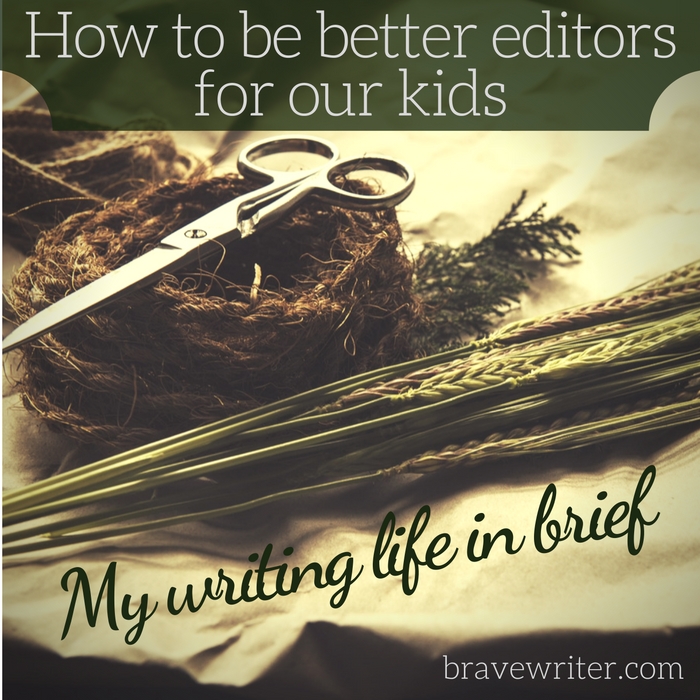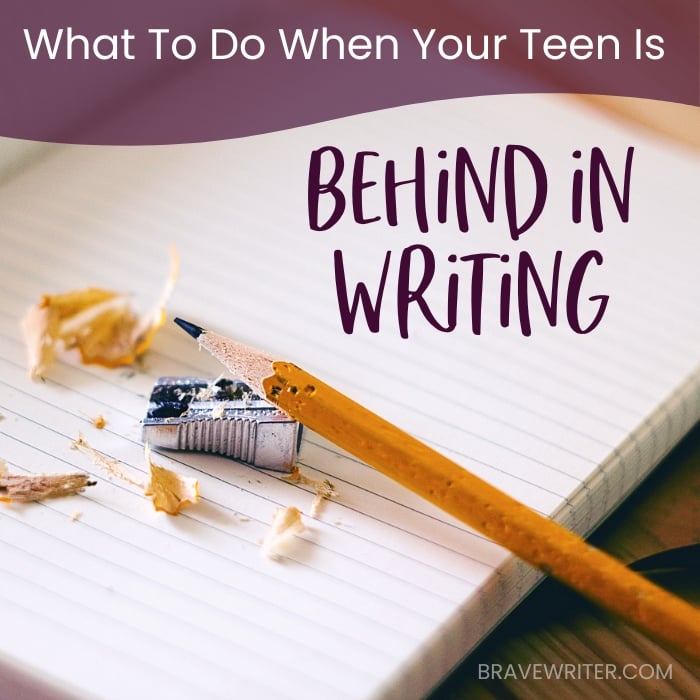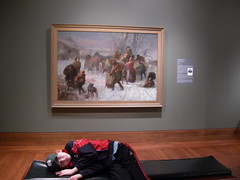
This post was written in 2007 but still has timely information!
Last week, I had a near-chocolate experience. I clicked the “send” key and my newly completed synthesis paper for my Master’s in theology zipped away in a cloud of cyber dust. Destination? Professor/advisor. His task? To find the gaffes, flaws in logic, unsubstantiated claims, mistakes in organization, syntactical errors, and poorly developed ideas. I know what you’re thinking, Uh, that’s how Julie gets her kicks? Remind me not to invite her to a party…
The thing is, I spend so much time giving other people feedback about their writing, it’s a real treat for me to receive critique from someone qualified and committed to improving my writing. I get all “pins and needles-ish” about it.
So Thursday night, Jon brought home the white packet containing my 32 pages with professorial commentary. I ripped open the envelope holding the draft with relish (I ripped the envelope with relish, ergo, enjoyment; I did not rip the envelope holding the draft, garnished with the condiment relish, ahem… that’s the kind of editing work I do well… I digress).
My professor had myriad corrections to offer me. As I read each one, I thought about why I was enjoying his feedback versus times when I’ve felt utterly deflated by editorial critique. (And there have been those times in my writing career.) A couple of thoughts percolated to the surface and I thought they were worth sharing with you.
- My professor and I have the same goals. The professor and I have a bargain. I do the research, writing and revising. He offers the supportive, yet critical feedback that will help me get my paper into shape so that I will graduate. This paper in particular is not about a grade. It’s about earning the final seal of approval for my Master’s degree. I know that he knows what I need to do to earn the degree. As a result, I view his feedback as support for the achievement of my goal, not as criticism of my efforts.
- His feedback was specifically about upgrading the quality of the writing, not invalidating my insights, ideas or conclusions. He and I have dialogued all along the way as I’ve worked on this paper and topic. He’s been available through appointment and email. In those conversations, he’s helped to guide the development of my ideas and he’s affirmed the insights I’ve shared. As a result, when I submitted my paper, I already knew that he and I had a similar vision for the paper.
- He smiles a lot. Let me tell you how much that helps in reading his feedback. I can picture his smiling face.
- He gave me positive feedback first – and not in a canned way. He expressed concrete and specific reasons why he liked my paper which let me know which parts resonated with him, showed him something new, offered a well-articulated position. Those positive comments helped me view his critical ones as an effort to elevate the whole to the level of the parts he validated.
- He considers the topic I’m writing about important. That means he gives feedback in the context of believing in the meaning of my writing, not just affirming the quality of how it is written. This makes me feel as if we are having a conversation about ideas rather than my writing something for his approval or disapproval. I care about these ideas and he cares to interact with me about them.
As I thought about Brave Writer and what we hope to do for our kids, I thought about Dr. Gollar’s useful and wise feedback.
Can we adopt some of his tactics?
- Can we have the same goals as our kids when they write? If they want to write a thank you note, can the goal be to help our kids write it so that the grandparent feels thanked? Can we foster an atmosphere where the writing a child does (a story, a report, a written narration) is valued for the purpose of the writing rather than as a checkbox on our list of homeschool tasks?
- Can we talk to our kids about the topics for writing? Even outside of the “writing times”? Can we let them know that the things they care about matter to us and we think their perspective on the topic is uniquely interesting to us?
- Can we remember to give specific positive feedback first? Find that powerful verb, that insightful description, that clever turn of phrase and notice it.
- Can we believe in the importance of the ideas themselves? Will we care about the meaning more than the writing, initially?
Yes, we can.
And let’s smile a lot.
Let’s let our kids know that we enjoy their company, believe in their ideas, care about their success.
I’ve really loved being in school these last four years. I’ve gained renewed respect for the act of writing and the courage it takes to submit your work to those who would critique and grade it. Sensitivity and genuine caring go a long way in helping a student writer to write and receive your ideas as supportive rather than critical.























